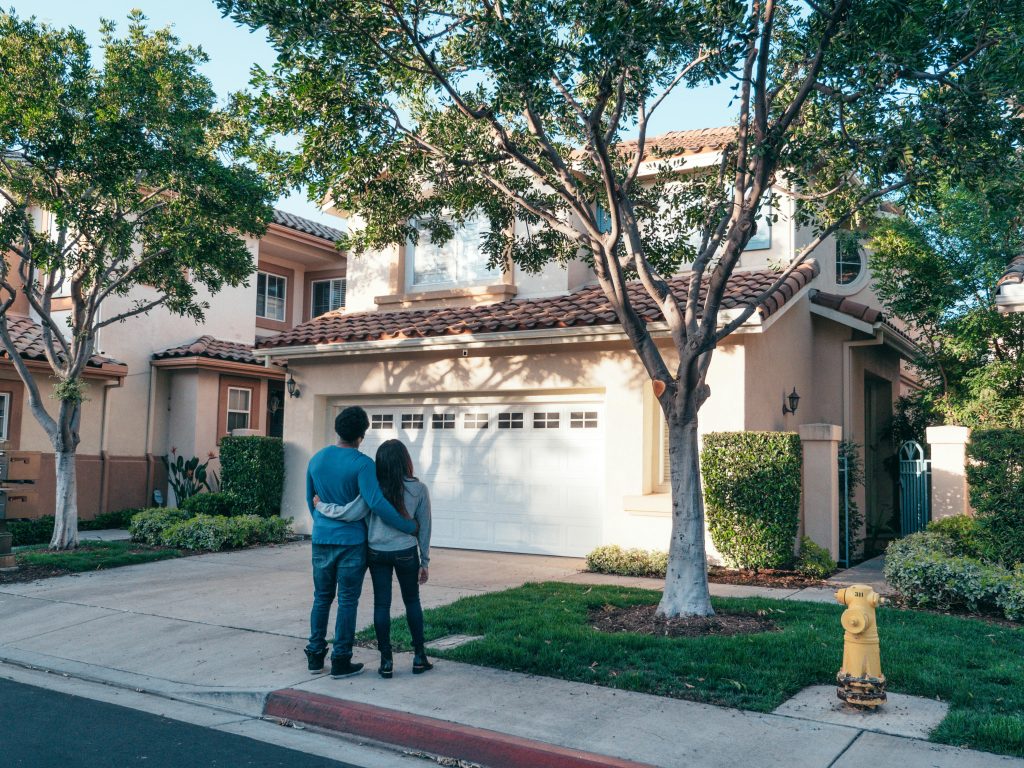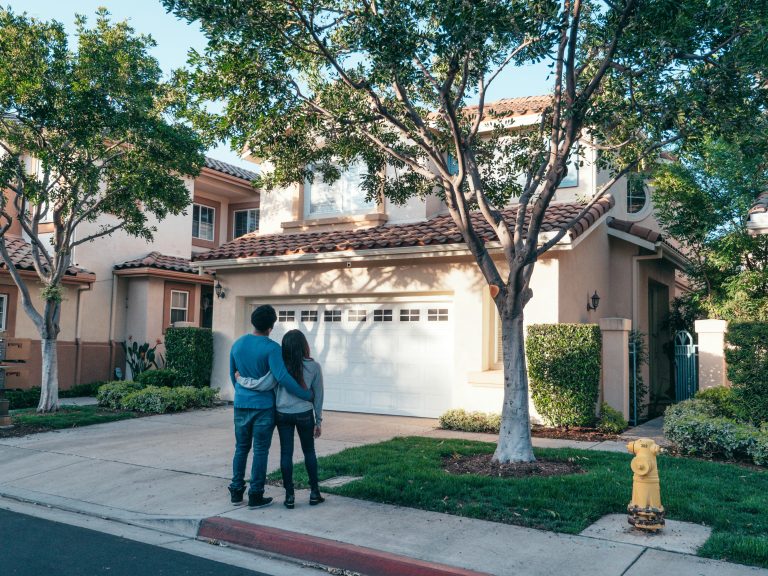Whether you’re a first-time buyer or just looking for your next home, there are a few steps you should always take before going house hunting. Following these steps can help you move quickly through the process and help you secure your dream home as soon as you find it.
If you’re ready to take the next step in your life, here are some things you should do before house hunting.

Set a realistic budget
Before you even begin looking at houses, you need to set a realistic budget. This budget should cover your savings and expected mortgage, giving you a realistic idea of how much you can spend on your next home.
Once you have this budget in place, you can see what properties and locations you can realistically afford, whether it’s a new build home or an existing property.
Save for emergency funds and a deposit
Your next step should be to save up for a deposit. While some lenders may only require a deposit as low as 5% of the house’s value, we recommend saving as much as possible. That’s because a high deposit means you’ll need a smaller mortgage, making it easier to pay off in the long run.
Alternatively, you may want to use your deposit to help secure a better property. The more you save, the more freedom you have with the properties you can choose.
Another benefit of building large savings is that it gives you stronger emergency funds. That way, if anything goes wrong during your property search or once you’ve bought the house, you can use that money to give yourself some breathing room while you figure out a plan of action.
Get pre-approved for a mortgage
While you can use online calculators to estimate how much you can borrow from mortgage providers, the only way to know for sure is by getting pre-approved.
Once you have pre-approval, you’ll have a much more accurate idea of your maximum mortgage, which will let you identify where you can afford to live.
It’s worth noting that your pre-approved mortgage is usually only valid for a set period, since interest rates change frequently. Of course, even if your final mortgage does change, it’s unlikely to be too significant, letting you hunt for a home with confidence.
List non-negotiables and nice to haves
Perhaps the final thing you need to consider before you begin house hunting is your non-negotiables.
If you’re unfamiliar with the term, your non-negotiables are the things you cannot live without. This could be the distance from a school, a driveway with enough parking space, or even the number of bedrooms. Knowing all this in advance will let you filter out any properties that don’t match your criteria.
Additionally, you should note your ‘nice-to-haves’ too. Since these aren’t as necessary as your non-negotiables, you shouldn’t filter for these features. However, they do allow you to rank your potential new homes more effectively, helping with your decision-making process.


